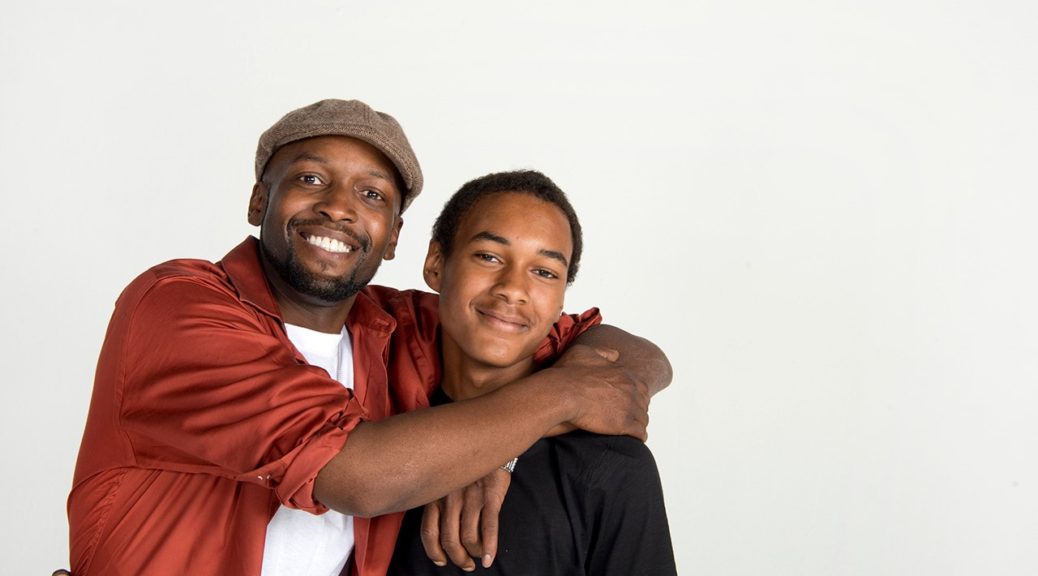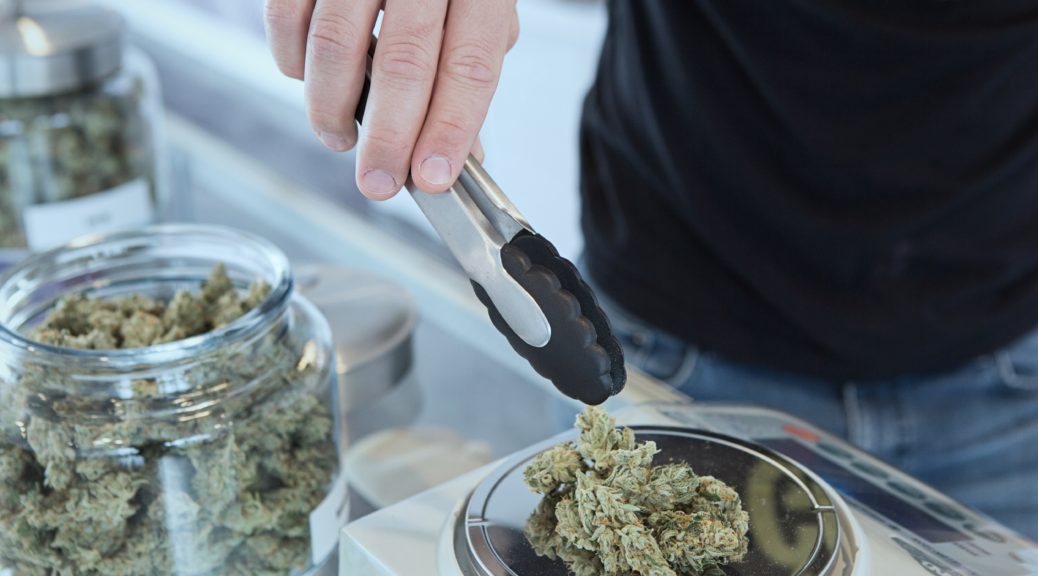Two Klein Buendel researchers are part of a team that presented two posters at the Society for Prevention Research Annual Meeting in San Francisco in May. Dr. David Buller and Julia Berteletti are part of the Nightlife Safety Plans research team led by Dr. Brenda Miller from the Prevention Research Center at the Pacific Institute for Research and Evaluation (PIRE).
Nightclubs are high-risk settings for overuse of alcohol and other drugs and physical and sexual aggression among young adults. Nightlife Safety Plans (NSP) is a group-based, tablet app-delivered intervention designed for patrons arriving together. NSP addresses these unwanted outcomes and encourages social groups to recognize early indicators of risk. Actions steps are provided via tablet app to de-escalate the situation.
Nightclub
Group Gender Composition
The first poster examined the influence of social group gender composition on alcohol outcomes and on the effectiveness of the NSP intervention across different group compositions (all-female, all-male, mixed gender). The sample included 959 nightclub patrons who formed 359 groups recruited from seven clubs, across 41 different events. Less than half of the participants were female and the average age was 26. All data was collected anonymously.
Outcome variables included overall number of the group’s safety actions taken to keep group members safe, the highest number of safety actions by any single group member, and breath alcohol concentration (BAC) at exit. Mixed model regressions examined the main effect of group composition and its interaction with the intervention as a predictor of outcomes after controlling for individual and group characteristics. Those in the intervention condition reported higher numbers of safety actions by any single member in all female groups and mixed gender groups, but not in all-male groups. There were no significant interactions for intervention status by group composition for either BAC at exit or the number of group actions taken as assessed by the overall group. This poster was first-authored and presented by Dr. Brenda Miller from PIRE.
Drinking Group Cohesion
The second poster examined the hypothesis that club patrons who perceive greater cohesion in their group implement fewer protective strategies and use higher levels of alcohol and other drugs. Could being part of a more cohesive peer drinking group lead to a false sense of security and letting down one’s guard, which could lead to more risk taking? The sample included 815 nightclub patrons in the San Francisco area, arriving in 324 distinct groups, from seven clubs hosting electronic music dance events across 30 different evenings. Less than half of the participants were female and the average age was 27. Club patrons were surveyed anonymously and completed breath tests as they entered and exited clubs. Oral fluid samples at exit assessed drug use.
Patrons reported perceived cohesion with their group members (for example, people in the group are willing to help each other), as well as use of actions to keep oneself safe, actions to keep group members safe, and actions in response to group alcohol and other drug problems. Mixed model regressions examined group cohesion as a predictor after controlling for individual and group characteristics, and past 30-day drinking/drug use at clubs. Findings partially confirm the hypothesis. Patrons who perceived greater group cohesion engaged in fewer preventive strategies to keep themselves and their group safe during the night and those who perceived greater group cohesion implemented fewer actions in response to group AOD problems. This poster was first-authored and presented by Dr. Hilary Byrnes from PIRE.
The NSP research is
funded by a grant to the Prevention Research Center at PIRE from the National
Institute on Alcohol Abuse and Alcoholism (AA022331; Dr. Brenda Miller,
Principal Investigator). Research team collaborators/authors include Dr. Brenda
Miller, Dr. Hilary Byrnes, Dr. Joel Grube, and Dr. Beth Bourdeau, Dr. Mark
Johnson, and Veronica Rogers from PIRE; and Dr. David Buller and Julia
Berteletti from Klein Buendel. The NSP tablet app was developed by Klein
Buendel’s Creative Team.



